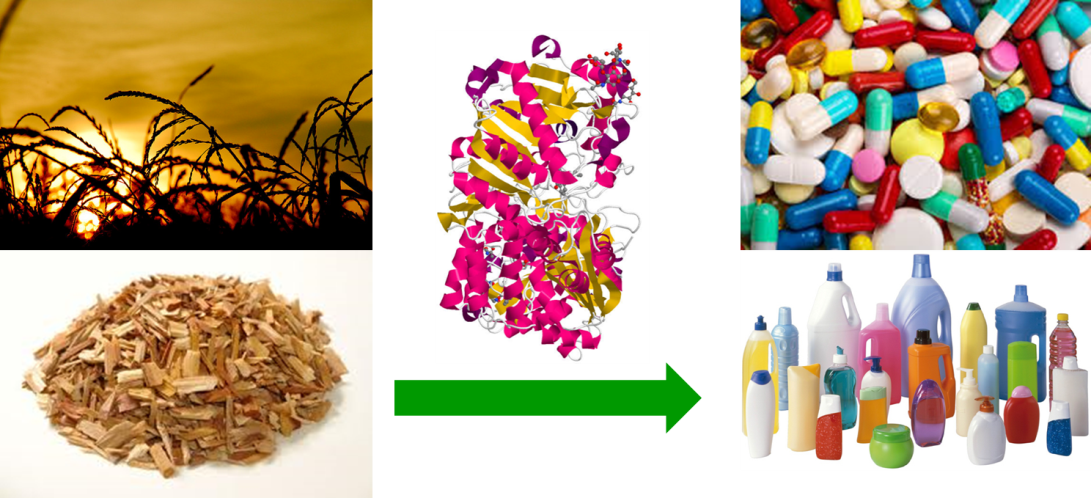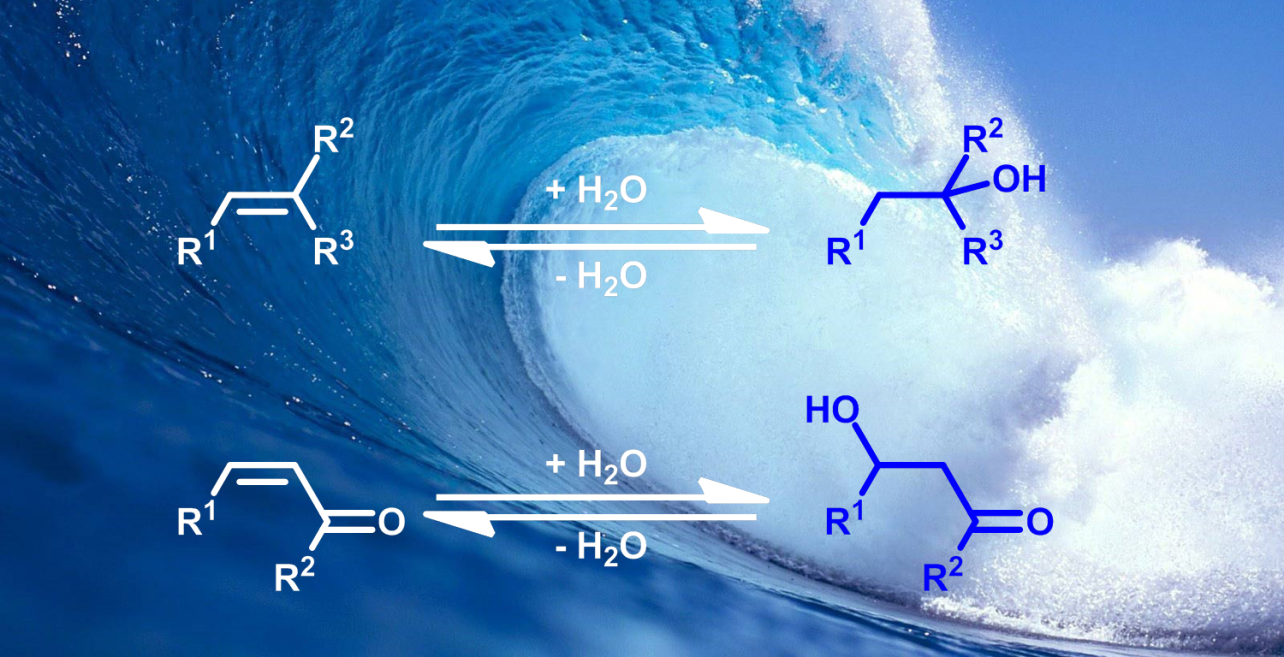Courses Molecular Science & Technology
-
Period: Bachelor
Course code: 4052Kataly
Together with Prof. Dr. Marc Koper, LIC, Leiden University
Study Guide -> search "4052KATALY" -
Period: Master
Course code: LM3731Study guide -> search "LM3731"
Current and former educational activities
Student projects (BEP and MEP)
All topics are centred around the research of our section, which ranges from rather chemically oriented research focussing on green chemistry to detailed understanding of enzymes to fundamental biochemistry via spectroscopic tools. The students will be actively involved in our research and will contribute to our scientific endeavour. Their contributions will lead to co-authorship of scientific papers.
All projects sketched below are currently available in the group of Biocatalysis. They represent a selection of the current research themes in a multidisciplinary environment. Due to the dynamic nature of the research performed here we often have also addition topics available and a short talk will almost always help to match your expectations with a suitable project. For further information, please contact Ulf Hanefeld.
Enzymatic C-C-bond formation
C-C bond construction is the key to building up larger carbon frameworks and molecules. In Delft we focus on hydroxynitrile lyases and similar enzymes for these reactions. With these enzymes a plethora of interesting building blocks can be constructed. This technology is applied in the conversion of renewable materials into high value added materials such as fine chemicals and pharmaceutical.

Enzymes that catalyse reactions that are difficult for Chemists

Microbiologists have discovered a wealth of enzymes, which are the catalysts of nature. In our projects we aim at finding enzymes for specific chemical reactions, such as the hydratation of renewable materials. Typically reactions are addressed that are very difficult to achieve with current chemistry tools, thus we enable chemistry with biological tools. Additionally we aim at broadening the substrate range and the stability of these enzymes for application under production conditions. For this libraries of mutants of these enzymes are made, and tested for the target reaction.
